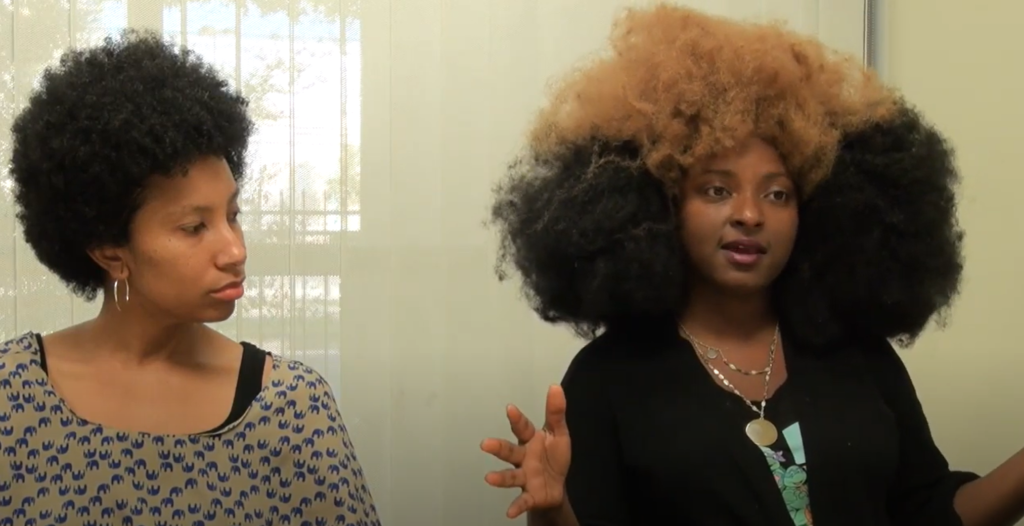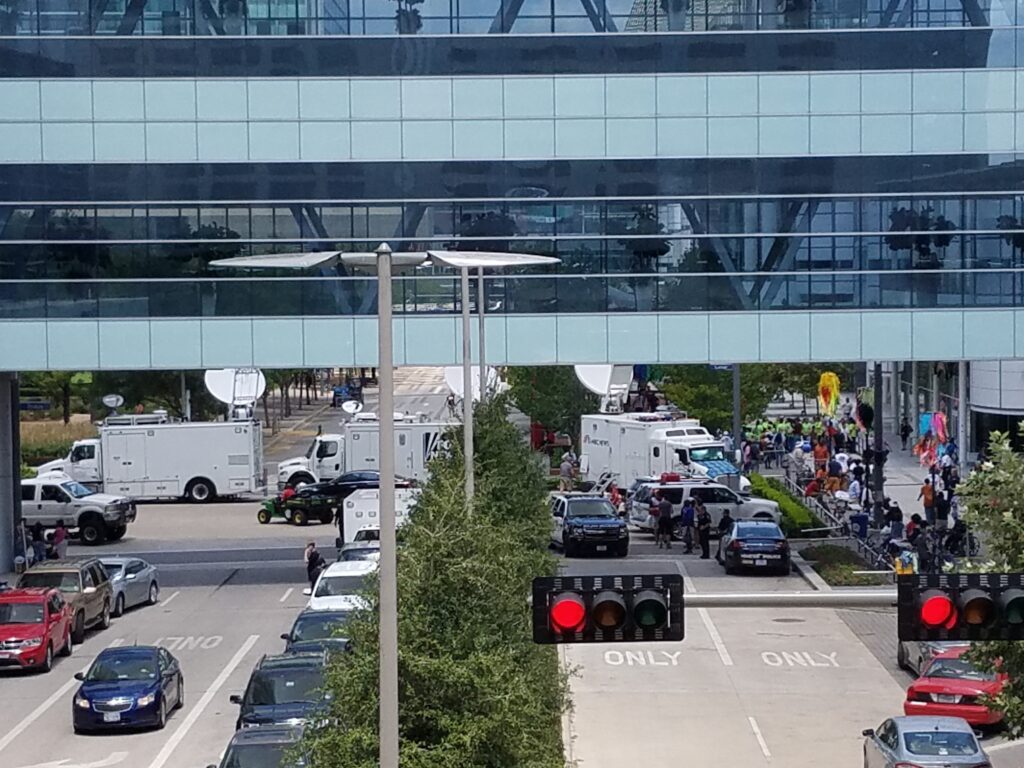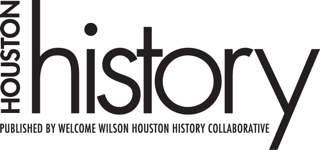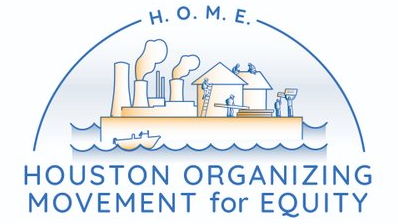By Christopher Kessinger

Brandi Holmes and Secunda Joseph spoke to Houston History about what motivated them to help those in need during Hurricane Harvey.
Photo courtesy of Resilient Houston: Documenting Hurricane Harvey.
Activists with Black Lives Matter-Houston and Project Curate, Brandi Holmes and Secunda Joseph formulated their own responses to Hurricane Harvey. The two began using social media — most notably the chat platform Discord — to coordinate a response during the storm. While the floodwaters still rose, they joined a Discord server that acted as a dispatch service for civilian rescue efforts. They were particularly motivated to help by the lack of resources allocated to Northeast Houston. “People I knew were stuck,” said Joseph. People sent SOS messages, and it was up to Holmes, Joseph, and others like them to ensure that a rescuer was sent to their location. The process quickly grew in scale. “It even became where [we] were like on shifts,” Holmes explained. She felt a moral duty to participate. “My faith practice doesn’t allow me to turn a blind eye to somebody in need.”

News crews set up outside of the George R. Brown Convention Center shelter. Brandi Holmes and Secunda Joseph noted that reporters were insensitive to the stress and needs of evacuees, pushing to get an interview the moment evacuees arrived, which added to their distress. Photo courtesy of Diana J. Rodriguez.
Once the waters had receded to the point that they could drive to the George R. Brown Convention Center, which the city opened as a shelter, they went to volunteer there in person. It was far from perfect. “[We saw] a lot of black and brown people there,” Joseph observed, and the two women were horrified at the way the media treated the evacuees as a spectacle. Holmes and Joseph saw reporters shoving micro- phones into the faces of people stepping off the bus, trying to get an immediate story rather than respecting their privacy in a traumatic situation. They also found that donors and volunteers, though well-intentioned, often failed to meet the needs of the people they were trying to help. Their time as
Click here to read the full article or click on: Buy Magazines to purchase a print copy or subscribe.
Click here to read about how the H.O.M.E Coalition is working to make sure Hurricane Harvey recovery funding is distributed to communities that need it most.

This BuzzFeed News article details some of the false claims made against Black Lives Matter activists during Hurricane Harvey.


 Follow
Follow